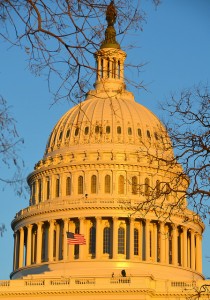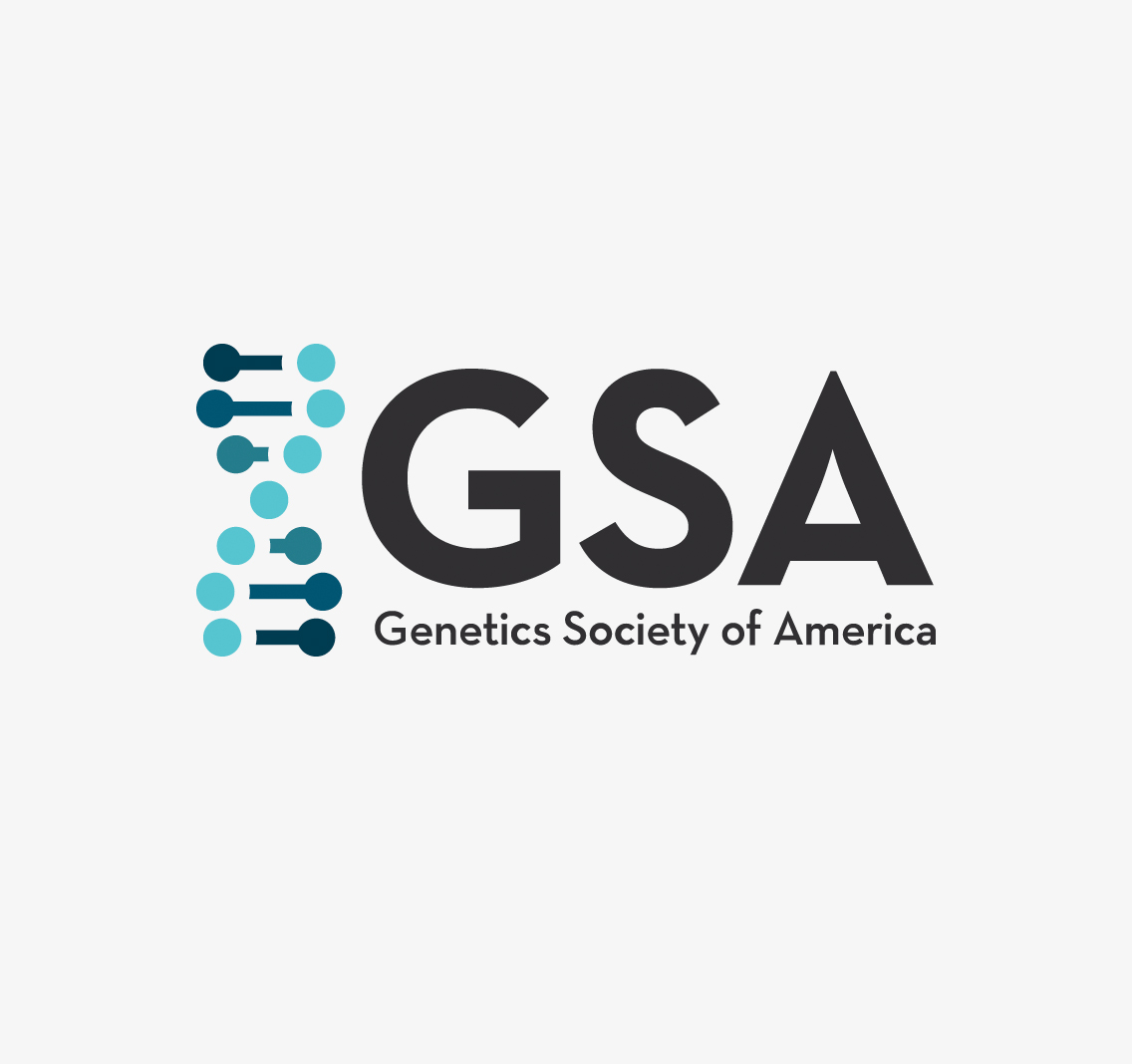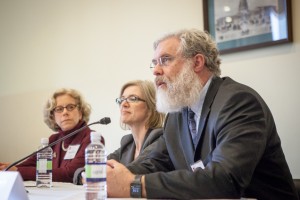Enter your address to receive notifications about new posts to your email.
Articles tagged Science Policy
(64 results)
-
Ask your Representative to support research in 2017
With the Fiscal Year (FY) 2016 omnibus bill signed into law and in effect, Congress now shifts its attention to the budget for FY 2017, which begins on October 1. To aid in this process, the House Appropriations Committee has asked individual Representatives to submit “Programmatic Requests.” These requests are used by the Committee to identify what programs are…
-
Policy Points: from the farm to the moon
Following the much appreciated budget increases for scientific agencies in December, science and health advocates alike were ecstatic at the mention of a “cancer moonshot” in President Obama’s final State of the Union Address to the House of Representatives. It is reported that the White House plans to request $755 million for cancer research funding as…
-
FASEB releases report on enhancing research reproducibility
In response to concerns that have been raised about reproducibility in biomedical research, the Federation of American Societies for Experimental Biology (FASEB) invited experts, delegates from its member societies (including GSA), and representatives from the National Institutes of Health (NIH), National Science Foundation (NSF), and other stakeholders to discuss general factors that may impede the ability to…
-
NIH’s agency-wide strategic plan puts focus on data collection
On December 16, 2015, the National Institutes of Health (NIH) released an agency-wide strategic plan. This document does not replace the strategic planning process of the individual institutes and centers (ICs), rather it serves as an overarching framework for all of the ICs to incorporate into their strategic planning for the future. Development of the…
-
How labor reform might overhaul postdoc pay
A proposed rule from the U.S. Department of Labor could soon mandate that postdocs making less than $50,440 per year will be eligible for overtime pay at 1.5 times their hourly rate. Research labs are generally not prepared to track overtime hours and many do not have the additional funds available to pay postdocs above…
-
More questions than answers at Gene Editing Summit
Last week, the National Academies of Science and Engineering joined forces with the Chinese Academy of Science and the Royal Society of the United Kingdom to host an International Summit on Human Gene Editing in Washington, DC. Top scholars in genetics, bioengineering, ethics, and law debated the merits of human gene editing; however consensus was far from achieved.…
-
pgEd Briefings: Increasing policymakers’ interest in genetics
Johnny Kung, Director of New Initiatives for the Personal Genetics Education Project (pgEd), fills us in on their latest Congressional briefing. A version of this post is published on the pgEd website and is posted here with permission. On Nov. 17, our group, the Personal Genetics Education Project at Harvard Medical School, held a Congressional…
-
Gene Drive: More research, not more regulations
In October of this year, the National Academies of Science, Engineering, and Medicine held a public workshop to gather information regarding the safety and ethics of gene drive research. GSA Public Policy Chair Allan Spradling sent the following comments to the committee for consideration. In the late 1980s I was one of the first…
-
Working through the issues: Science, ethics and governance of gene drive research
The Committee on Gene Drive Research in Non-Human Organisms convened by National Academies of Sciences, Engineering, and Medicine held an information gathering meeting on October 28, 2015, to consider the Science, Ethics and Governance Considerations for Gene Drive Research. This meeting comes as a component of a large Gene Drive study, which is set to review the…
-
Agencies hold first public meeting on the GMO regulatory framework
The Biotechnology Science Coordinating Committee (BSCC), at the behest of the White House Office of Science and Technology Policy (OSTP), held the first of three public meetings to discuss an update to the coordinated framework which serves as the regulatory guidelines for genetically engineered organisms. This meeting provided an opportunity for representatives from the primary agencies involved…
-
Biotechnology Regulations to be Updated
The federal regulatory policy in use today for biotechnology products, known as the Coordinated Framework for the Regulation of Biotechnology, was created in 1986 through a joint effort between the U.S. Department of Agriculture (USDA), the Environmental Protection Agency (EPA), the Food and Drug Administration (FDA), the National Institutes of Health (NIH), the National Science Foundation…











